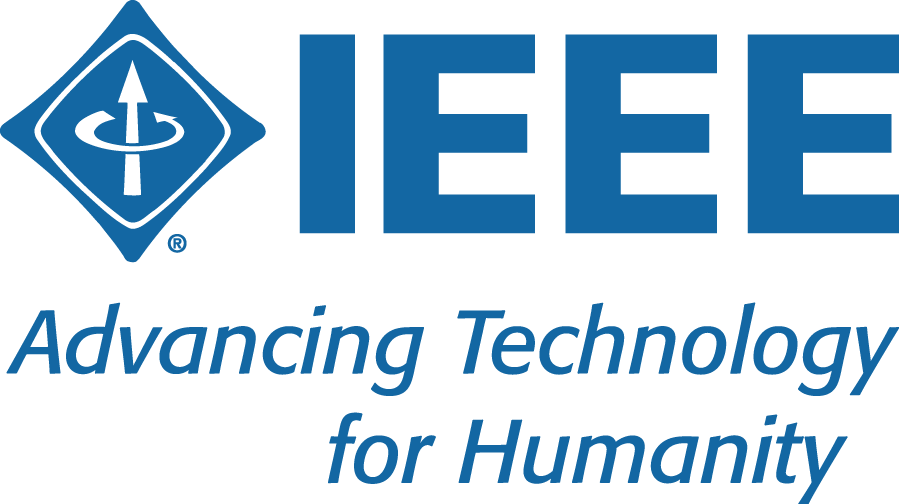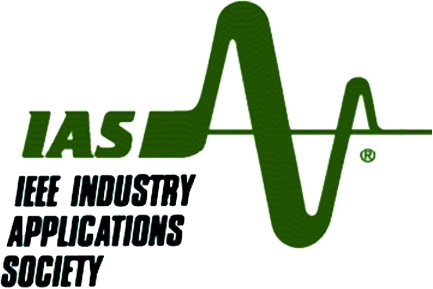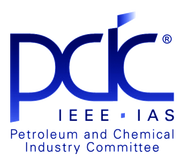-
2020 Local Conference
- Welcome
- Register >
- Schedule at a Glance
- Technical Program
- Standards WG Meetings
- PCIC Subcommittee Meetings
- Conference Tutorials
- Local Committee
- Conference Program
- Health and Safety
- PCIC Conference App
- Hotel Information
- Transportation and Travel Information
- Guest Information and Tours
- Social Calendar >
- Survival Guide
- PCIC Home Page
- Conference Contributors
- GDPR
Conference
Vertical Divider
Attendees
Additional Information
|
The Tutorial Subcommittee of the PCIC Technical Conference is sponsoring two half-day tutorials on the morning of Thursday, September 17, 2020. Continuing Education Units, (0.35 CEU) will be awarded to each participant who successfully completes a course and submits the required CEU form and payment. Registration for the tutorial can be completed with your conference regsitration. Price for each tutorial is $50 and includes breakfast.
(NOTE: To ensure there are enough handout materials for all participants, those not pre-registered will be charged full price at the door.) The following tutorials are planned for the 2020 confference. At this time, the remaining tutorials will be rescheduled for 2021.
Medium-Voltage Reactive Compensation in Petroleum and Chemical Process Industries
Abstract: Medium-voltage reactive compensation is an essential component in the petroleum and chemical process industries. Without it, large motors, adjustable speed drives, and rectifiers commonly present in these plants lead to poor power factor, poor power quality, and higher electric utility cost. The application of reactive compensation is often misunderstood, misapplied, and when done incorrectly, leads to nuisance plant shutdowns and equipment damage. This tutorial is about learning to do it right.
It provides a state-of-the-art survey of reactive compensation technology providing both basic information to new engineers and advanced information to experienced engineers. Topics include the basics of power factor correction, harmonic analysis, resonance, capacitor and harmonic filter bank design and considerations, switching transients and mitigation technologies, component selection, rating, and more. Instructors:
Paul B. Steciuk was born Troy, NY. He received his B.S. and M.E. degrees in Electric Power Engineering from Rensselaer Polytechnic Institute (RPI), Troy, NY. He is president and co-founder of Northeast Power Systems, Inc. (NEPSI) where he is an engineering specialist in the design, fabrication, and application of medium-voltage reactive power solutions for industrial and utility power systems. He is a member of the IEEE Industry Applications Society and a registered professional engineer in the state of New York. Dwaraka S. Padimiti graduated with a BSEE from Osmania University, Hyderabad, India. He further pursued higher studies in the US and graduated from Missouri University of Science & Technology – Rolla with an MSEE degree and graduated with an MBA degree from Rice University in 2015. He has worked at various oil & gas engineering design firms in Houston since 2007 and is currently working as a Regional Field Application Engineer/Business Development Manager for Electrification products at ABB. He is a member of the IEEE Industry Applications Society and a registered professional engineer in the states of Texas.
Stator Winding Failure Mechanisms and Repair Options for
Large Motors and Generators Abstract: There are about 20 different aging-related failure mechanisms that can occur in the stator windings of motors and generators rated 4 kV and above. The basic structure of the stator winding is first presented, including the types of windings (coil or bar), then the purpose of the strand, turn, groundwall and partial discharge (PD) suppression system (if present) is reviewed. The most common processes are discussed, including thermal aging, winding contamination, endwinding vibration, partial discharges as well as several mechanisms caused by manufacturing problems and modern variable speed drives. For each failure process, the root causes are presented as well as the common symptoms indicating the presence of the problem. Options for repair are also given.
Instructors:
Dr. Greg Stone was one of the developers of on-line partial discharge test methods to evaluate the condition of the high voltage insulation in stator windings. From 1975 to 1990 he was a Dielectrics Engineer with Ontario Hydro, a large Canadian power generation company. Since 1990, Dr. Stone has been employed at Iris Power L.P. in Toronto Canada, a motor and generator condition monitoring company he helped to form. He has published two books and >200 papers concerned with rotating machine windings. Greg Stone has a PhD in Electrical Engineering, and is a Fellow of the IEEE. He has won numerous awards from the IEC, Cigre and IEEE for his technical contributions. Dr. Howard Sedding graduated in electrical and electronic engineering at the University of Strathclyde in Scotland, and then acquired MSc and PhD degrees. His doctorate was on the degradation of epoxy mica insulation in rotating machines. Prior to joining Qualitrol-Iris Power as an Insulation Engineer in January 2015, Dr. Sedding worked at the Research Division of Ontario Hydro for 28 years. He has contributed to many IEEE and IEC standards concerned with electrical insulation. Howard has authored and co-authored more than 150 technical papers and is a co-author of the book “Condition Monitoring of Rotating Electrical Machines” published by the Institution of Engineering and Technology in 2008. |
|




